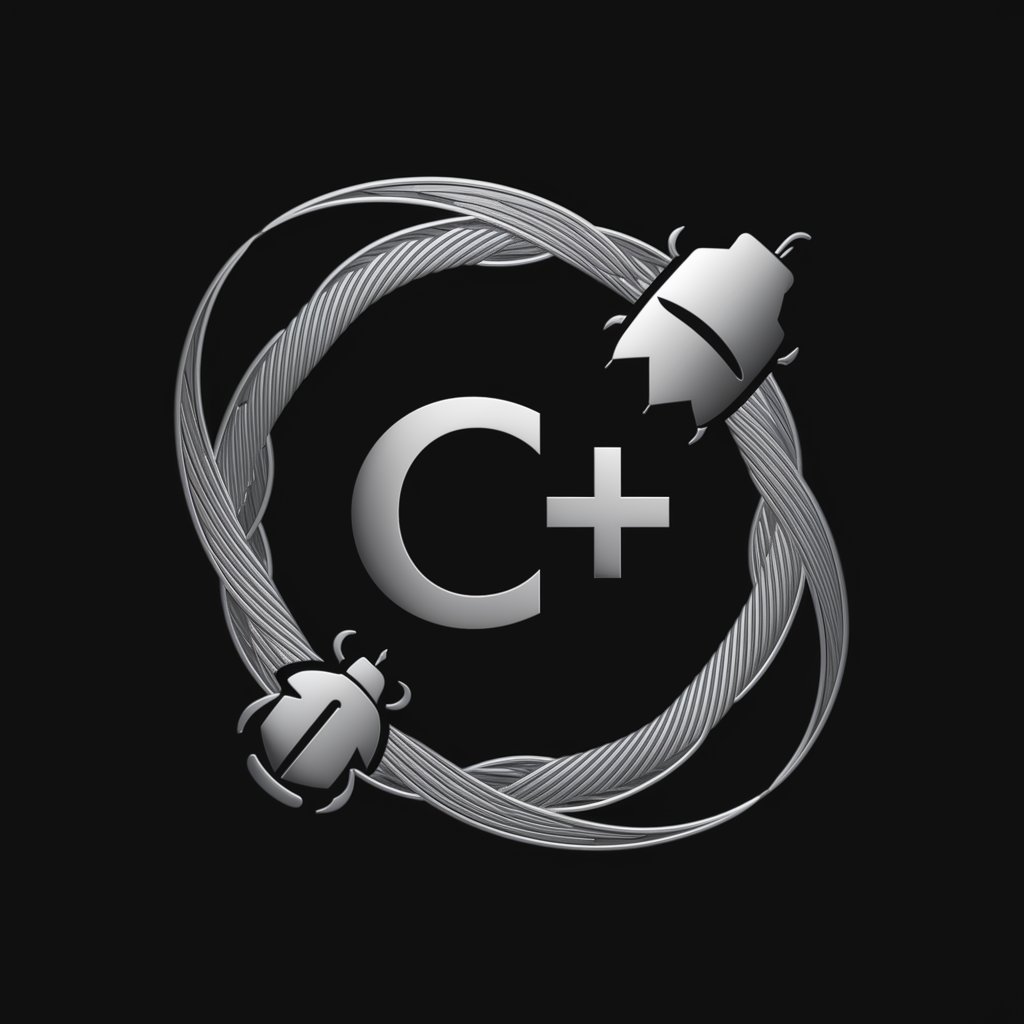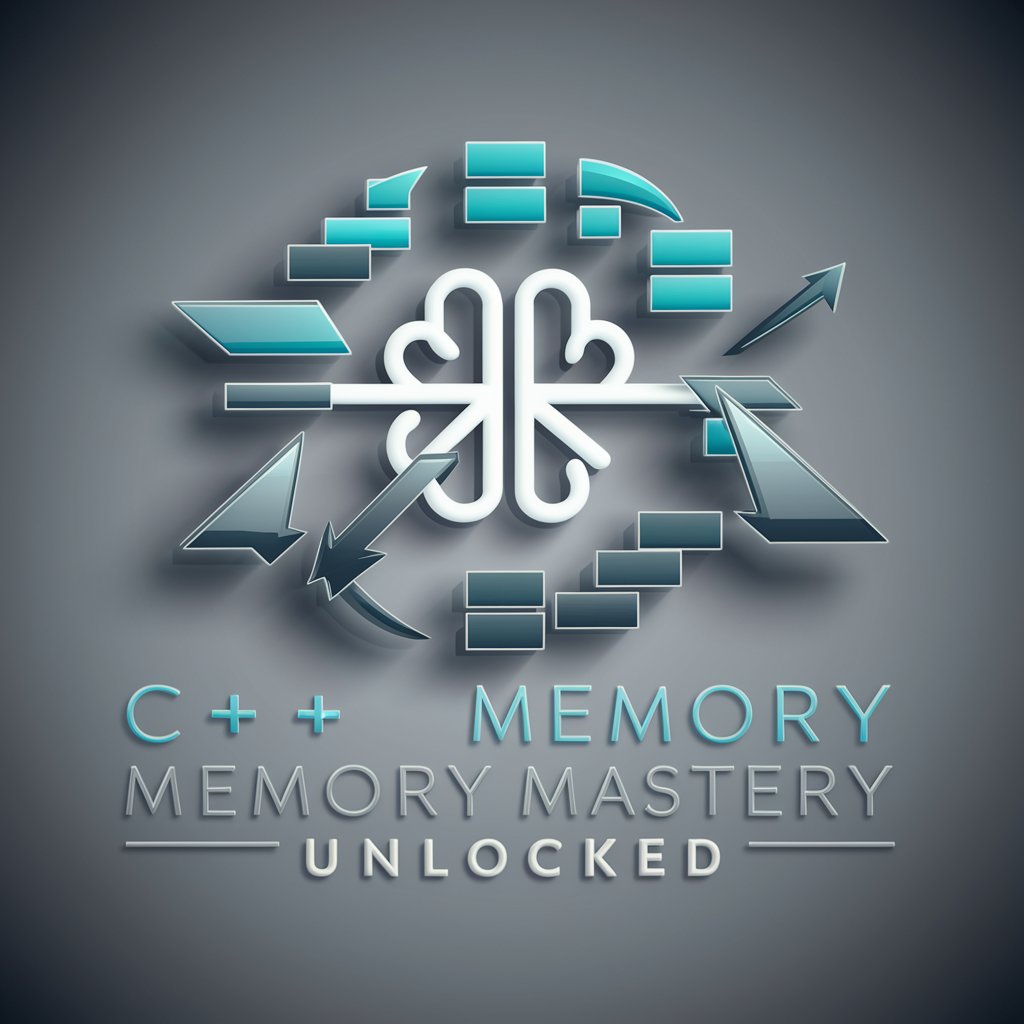🐞 Debugging Multi-threading in C++ - C++ Multi-threading Debugging

Hello, let's tackle those tricky C++ multi-threading bugs together!
Empower your C++ concurrency with AI-driven insights.
When debugging multi-threading issues in C++ code, one should...
To ensure thread-safe operations in C++, it's essential to...
A common cause of race conditions in multi-threading C++ programs is...
Effective synchronization in multi-threading involves...
Get Embed Code
Introduction to 🐞 Debugging Multi-threading in C++
🐞 Debugging Multi-threading in C++ is a specialized service designed to address and resolve complex issues arising from concurrent programming in C++. This service encompasses a range of strategies and tools aimed at identifying, diagnosing, and fixing bugs that are specific to multi-threaded applications. These bugs, including race conditions, deadlocks, and synchronization problems, can lead to inconsistent behavior, crashes, or erroneous data in software. Through meticulous analysis of C++ code, this service helps ensure that multi-threaded applications run smoothly, efficiently, and reliably. An example scenario illustrating its purpose would be diagnosing a deadlock in a financial software where multiple threads are competing for the same resources, leading to a standstill. By analyzing the locking mechanisms and the order in which locks are acquired, 🐞 Debugging Multi-threading in C++ could pinpoint the deadlock's cause and provide a solution to prevent such issues in the future. Powered by ChatGPT-4o。

Main Functions of 🐞 Debugging Multi-threading in C++
Race Condition Identification and Resolution
Example
Detecting and fixing a race condition in a multi-user booking system where overlapping bookings occur due to insufficient synchronization.
Scenario
In a scenario where an online booking system allows two users to book the same resource simultaneously, leading to data inconsistency. By implementing proper locking mechanisms, such errors can be prevented.
Deadlock Detection and Elimination
Example
Analyzing and resolving a deadlock situation in a database management system where two threads lock two resources in reverse order, blocking each other indefinitely.
Scenario
A database system where transactions executed by different threads lock tables in a reverse order, causing a deadlock. The solution involves identifying the locking order discrepancy and redesigning the lock acquisition strategy to avoid deadlock.
Optimizing Thread Synchronization
Example
Improving the performance of a high-frequency trading application by optimizing lock granularity and reducing contention.
Scenario
In a high-frequency trading platform, where microseconds matter, reducing lock contention by implementing finer-grained locking or lock-free data structures can significantly improve transaction throughput and system responsiveness.
Ideal Users of 🐞 Debugging Multi-threading in C++ Services
Software Developers and Engineers
Individuals or teams engaged in developing multi-threaded applications in C++, who encounter complex concurrency issues. These users benefit from specialized debugging techniques to ensure their applications are efficient, reliable, and free of concurrency-related bugs.
Quality Assurance (QA) Engineers
QA professionals responsible for ensuring the reliability and performance of multi-threaded software. They leverage 🐞 Debugging Multi-threading in C++ to identify and report concurrency issues, facilitating their resolution before software release.
System Architects
Architects designing systems with high concurrency requirements can benefit from 🐞 Debugging Multi-threading in C++ by ensuring that the architectural decisions support efficient synchronization and concurrency control, preventing scalability issues as the system grows.

Guidelines for Using 🐞 Debugging Multi-threading in C++
Begin your journey
Start by navigating to a platform offering hands-on experience with real-time debugging, such as yeschat.ai, where you can explore multi-threading in C++ without the need for a login or a subscription to ChatGPT Plus.
Familiarize with basics
Ensure you have a foundational understanding of C++ and concepts of multi-threading. Knowledge of synchronization mechanisms, such as mutexes, locks, and atomic operations, is crucial.
Set up your environment
Prepare your development environment with necessary tools like gdb or Valgrind for memory leak detection and thread debugging. Installing a multi-threaded code editor or IDE that supports C++ debugging is recommended.
Practice and experiment
Use sample multi-threaded C++ applications to practice. Apply breakpoints, step through code, and observe the behavior of threads and shared resources under different conditions.
Seek and share knowledge
Engage with online communities or forums dedicated to C++ and multi-threading. Sharing your findings and discussing complex issues can provide new insights and solutions.
Try other advanced and practical GPTs
One Word Domains
Discover Your Ideal One-Word Domain

Obi
Empowering Creativity and Research with AI

Linguist Link
Translating with AI, understanding with care.

Contextual Prompt Architect
Crafting Contextual Prompts with AI

C++ Memory Mastery Unlocked
Master C++ Memory, AI-Driven Approach

AI Money Making Guide
Empowering Your Earnings with AI

DrugBot
Empowering safer substance use with AI

AI Therapist
Empowering Self-Discovery with AI

The Therapist
Empowering Emotional Well-being with AI

Crime and Disaster Risk
AI-Powered Safety and Risk Analysis

Life Architect
Empowering Your Life's Journey with AI

Medical AI
Empowering Your Health Decisions with AI

FAQs on 🐞 Debugging Multi-threading in C++
What common issues arise in multi-threaded C++ applications?
Common issues include race conditions, deadlocks, and livelocks. Race conditions occur when multiple threads access shared data concurrently without proper synchronization. Deadlocks happen when two or more threads are waiting on each other to release resources, leading to a standstill. Livelocks are similar to deadlocks, but the threads continue to change their states without making progress.
How can one detect deadlocks in a C++ application?
Deadlocks can be detected using debugging tools like gdb with the 'thread apply all bt' command to print the stack traces of all threads, or by using Valgrind's Helgrind tool to identify synchronization errors. Analyzing the output helps in pinpointing the resources causing the deadlock.
What are best practices for avoiding race conditions?
Best practices include using mutexes or locks to synchronize access to shared resources, employing atomic operations for simple data types, and designing the application architecture to minimize shared state or to use message passing instead of shared objects.
Can atomic operations always prevent multi-threading issues?
While atomic operations prevent data races by ensuring operations on certain types are completed without interruption, they do not solve all multi-threading issues. Proper use of synchronization mechanisms is still required to coordinate thread interactions effectively.
How does one choose between different synchronization primitives?
The choice depends on the specific requirements of the application. Mutexes and locks are suitable for protecting large blocks of code or complex operations. Atomic operations are preferred for simple, lock-free synchronization. Condition variables are useful for waiting for specific conditions while holding a lock. The decision should be based on performance considerations and the complexity of the operations involved.
